Tenofovir Alafenamide: Does it have any side effects?
Tenofovir Alafenamide (TAF) is a medication used in the treatment of HIV infection and chronic hepatitis B. It is an antiviral drug that belongs to the class of nucleotide reverse transcriptase inhibitors. When used in combination with other antiretroviral drugs, TAF helps suppress viral replication and slows down the progression of the disease.
Like any medication, Tenofovir Alafenamide may have certain side effects. It is important to understand the potential risks before starting the treatment. The most commonly reported side effects of TAF include nausea, vomiting, diarrhea, abdominal pain, headache, dizziness, and fatigue. These side effects are usually mild and temporary, and they tend to improve as the body adjusts to the medication.
In some rare cases, Tenofovir Alafenamide can cause more serious side effects. One such side effect is lactic acidosis, a condition characterized by the buildup of lactic acid in the bloodstream. Symptoms of lactic acidosis include rapid breathing, muscle pain, weakness, cold and blue skin, stomach pain with nausea and vomiting, and an irregular heartbeat. If any of these symptoms occur, it is important to seek immediate medical attention.
Another potential side effect of Tenofovir Alafenamide is kidney damage. Although this is rare, TAF has been associated with cases of acute kidney injury and renal impairment. Regular monitoring of kidney function is therefore recommended during the treatment, especially in individuals with pre-existing kidney problems or other risk factors.
In addition, Tenofovir Alafenamide has been known to cause a decrease in bone mineral density, leading to osteoporosis or bone fractures. This side effect is more likely to occur in individuals with a history of bone disorders, a family history of osteoporosis, or those with other risk factors for bone loss. Regular monitoring of bone density and maintaining a healthy lifestyle can help mitigate this risk.
It is worth noting that the benefits of Tenofovir Alafenamide in managing HIV and hepatitis B infection often outweigh the potential risks of side effects. The effectiveness of the medication in suppressing viral replication and improving patient outcomes has been well-documented. However, it is important for healthcare providers to closely monitor patients on TAF therapy to ensure early detection and management of any potential side effects.
In conclusion, Tenofovir Alafenamide is an effective medication for the treatment of HIV infection and chronic hepatitis B. While it may have certain side effects, most of them are mild and temporary. However, rare but serious side effects such as lactic acidosis, kidney damage, and decreased bone density should be monitored closely. As with any medication, it is essential to weigh the benefits and risks and work closely with healthcare providers to ensure safe and effective treatment.

 全部分类
全部分类

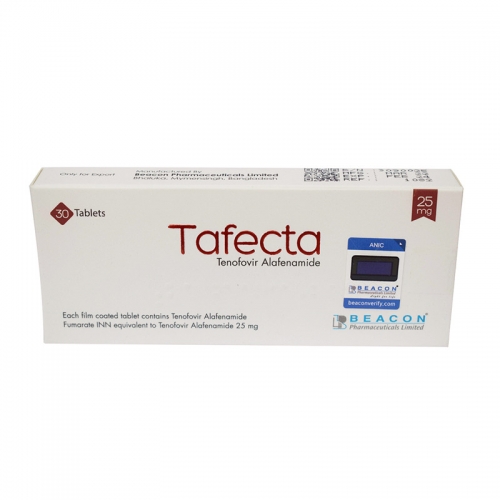
 孟加拉碧康制药
孟加拉碧康制药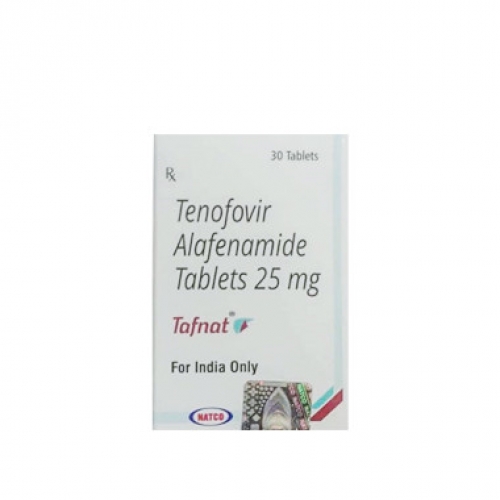
 印度natco
印度natco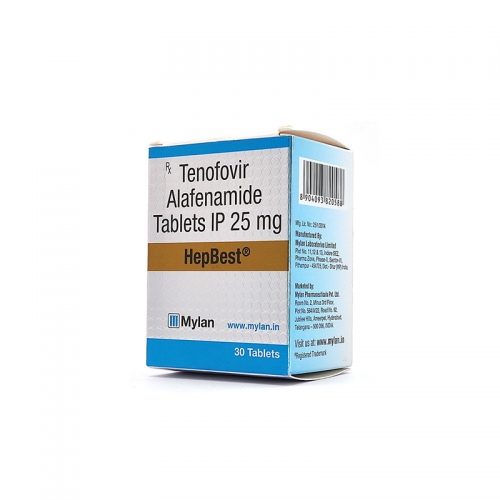
 美国迈兰
美国迈兰
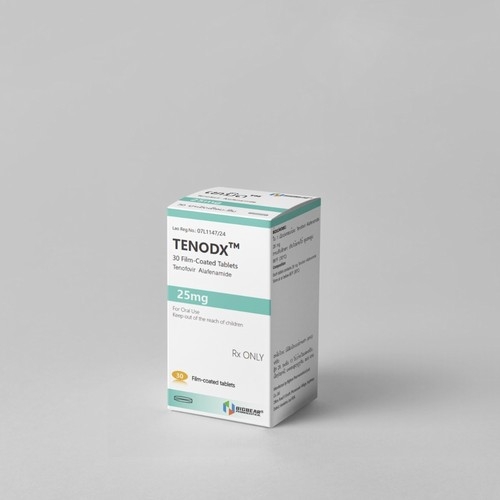
 老挝大熊制药
老挝大熊制药
 瑞士诺华制药
瑞士诺华制药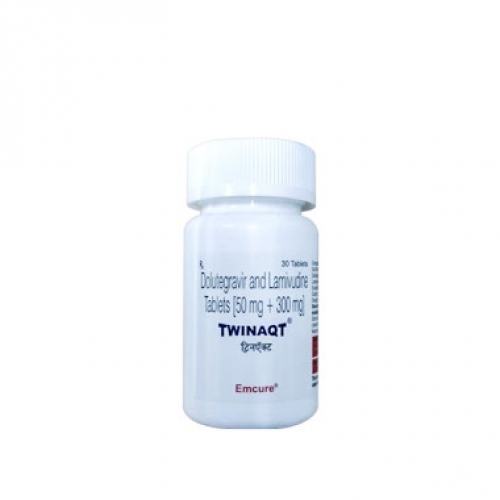
 印度Emcure
印度Emcure


 粤ICP备2021070247号
粤ICP备2021070247号
